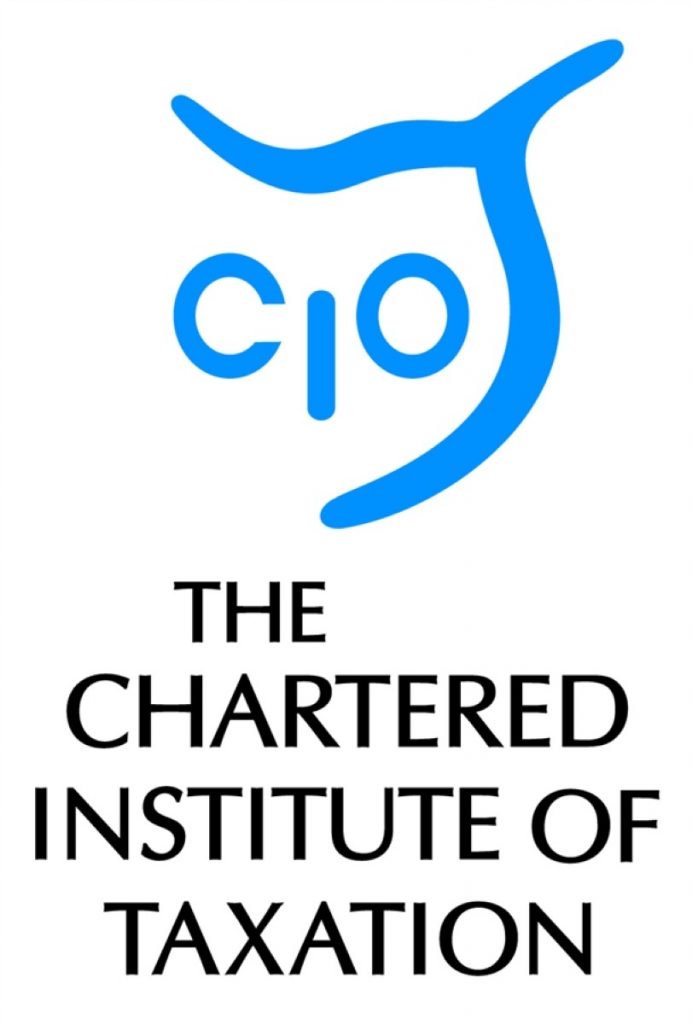CIOT: HMRC confirm gifts to children not subject to more (or higher) inheritance tax
On Friday 23 March 2007 HM Revenue & Customs (HMRC) finally confirmed that gifts by parents and grandparents to children under 18 would not be subject to a new inheritance tax charge. Because of uncertainties introduced by last year’s trust tax changes, there had been fears that gifts to children would be subject to a different tax regime from similar gifts to adults.
Under one interpretation, a gift to a child would be subject to an immediate inheritance tax (IHT) charge at 20%. For example if a grandparent gives cash to a grandchild, this would have been subject to tax at 20% if the gift exceeded the grandparent’s unused IHT nil rate band (currently £285K). In addition, the gifted property could have been subject to ongoing tax charges of 6% every ten years.
Fortunately, HMRC have now confirmed that gifts to children will not be taxed differently from gifts to adults. Provided the gift is outright and not subject to any form of contingency or trust there is no tax payable if the donor survives 7 years from the gift. If the donor dies within 7 years there will still be a charge (as with adults). There are no ongoing IHT charges.
Emma Chamberlain, Chairman of The Chartered Institute of Taxation’s Capital Taxes Sub-Committee, says: “HMRC have given a clear response to the questions that have been raised and so those who are happy to make outright gifts to children can do so without incurring any additional IHT penalty.”
The gifted property will, however, be part of the child’s estate so he will be able to take over the property at 18 and if he dies the property will pass according to his will or intestacy.
Parents may of course decide to be careful before allowing a large sum to be held by young children in such an unrestricted way and may prefer to impose some controls so that the child cannot obtain unrestricted access at 18, even if this involves paying more IHT.
Notes to Editors
The Chartered Institute of Taxation (CIOT) is a registered charity (number 1037771) and is the leading professional body in the United Kingdom concerned solely with taxation. The CIOT deals with all aspects of direct and indirect taxation. Its primary purpose is to promote education in and the study of the administration and practice of taxation. One of its key aims is to achieve a better, more efficient, tax system for all affected by it – taxpayers, advisers and the authorities. The CIOT’s comments and recommendations on tax issues are made solely in order to achieve its aims: it is entirely apolitical in its work. The 14,000 members of the CIOT have the practising title of ‘Chartered Tax Adviser’.
The Institute was established in 1930 and received its Royal Charter in 1994. It is a United Kingdom member of the Confédération Fiscale Européenne (CFE), the umbrella body for 150,000 tax advisers in Europe. As part of its charitable activities, the CIOT also sponsors the Low Incomes Tax Reform Group that works to improve and simplify the tax system so as to make it more responsive to the needs of those who cannot afford to pay for tax advice. The Institute offers the Advanced Diploma in International Taxation as a specialist qualification for international tax practitioners primarily working in corporate tax.





-01.png)